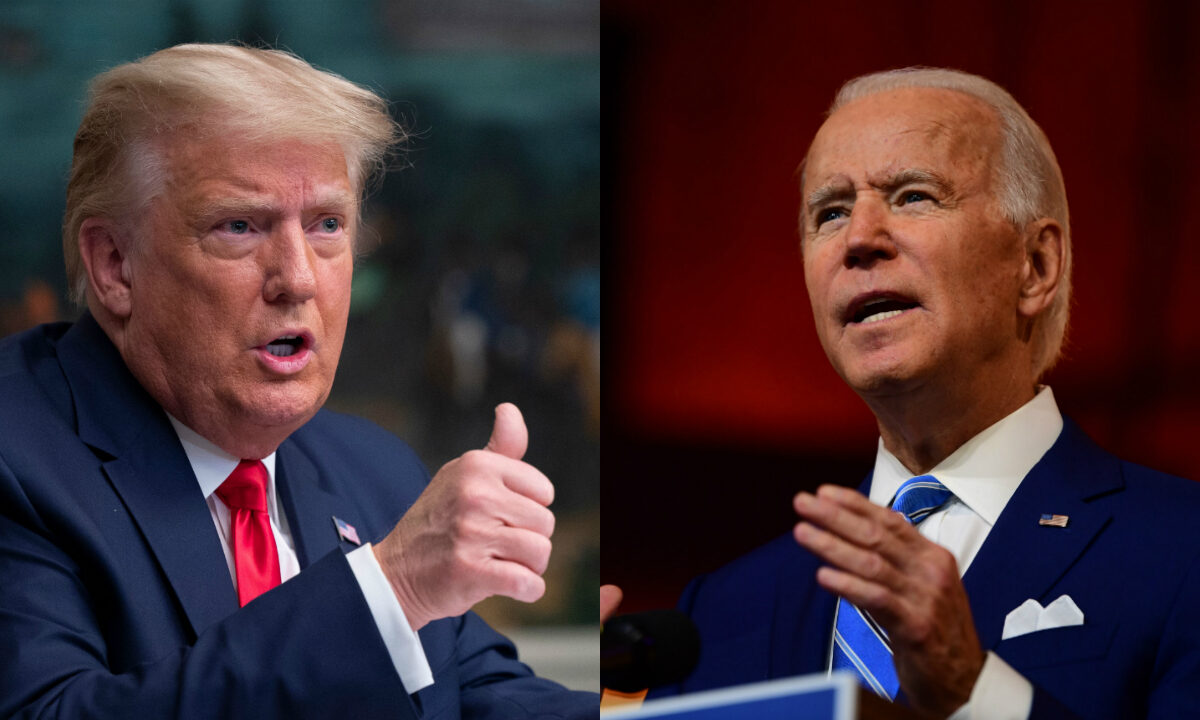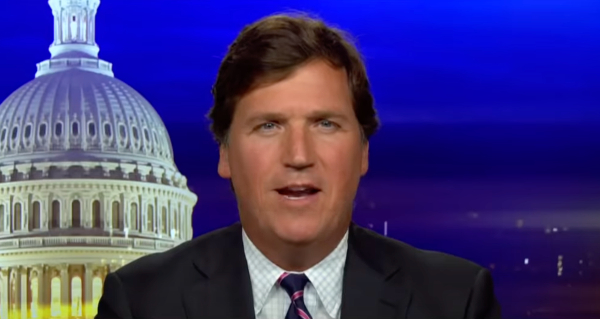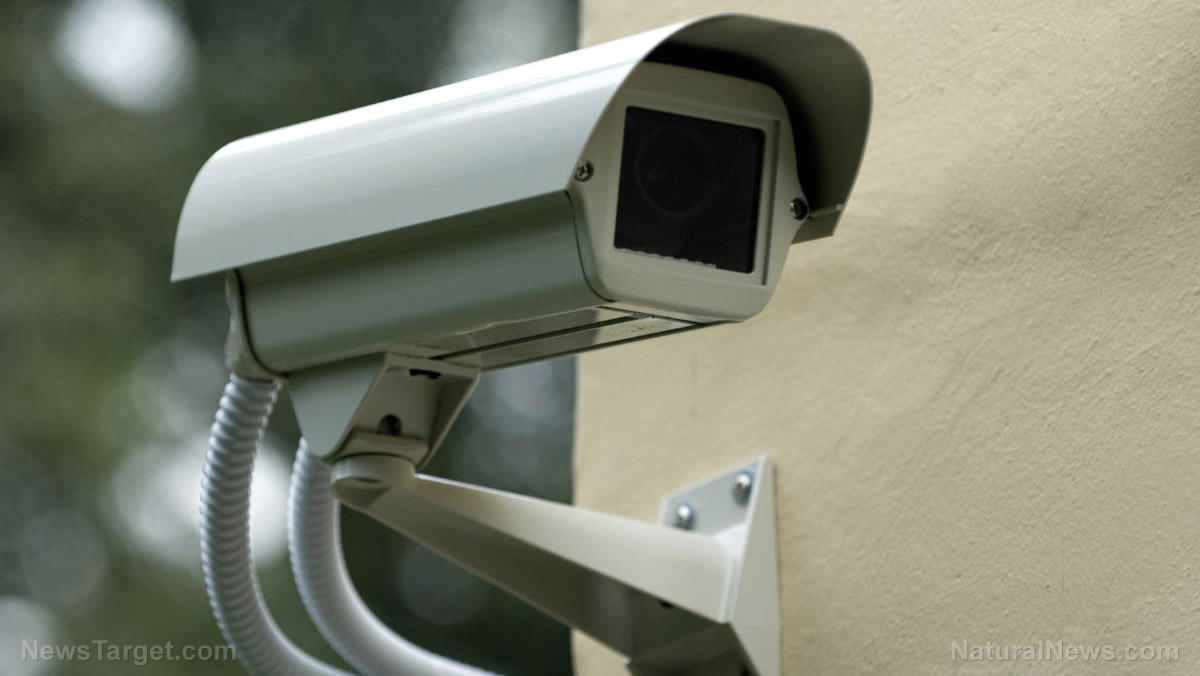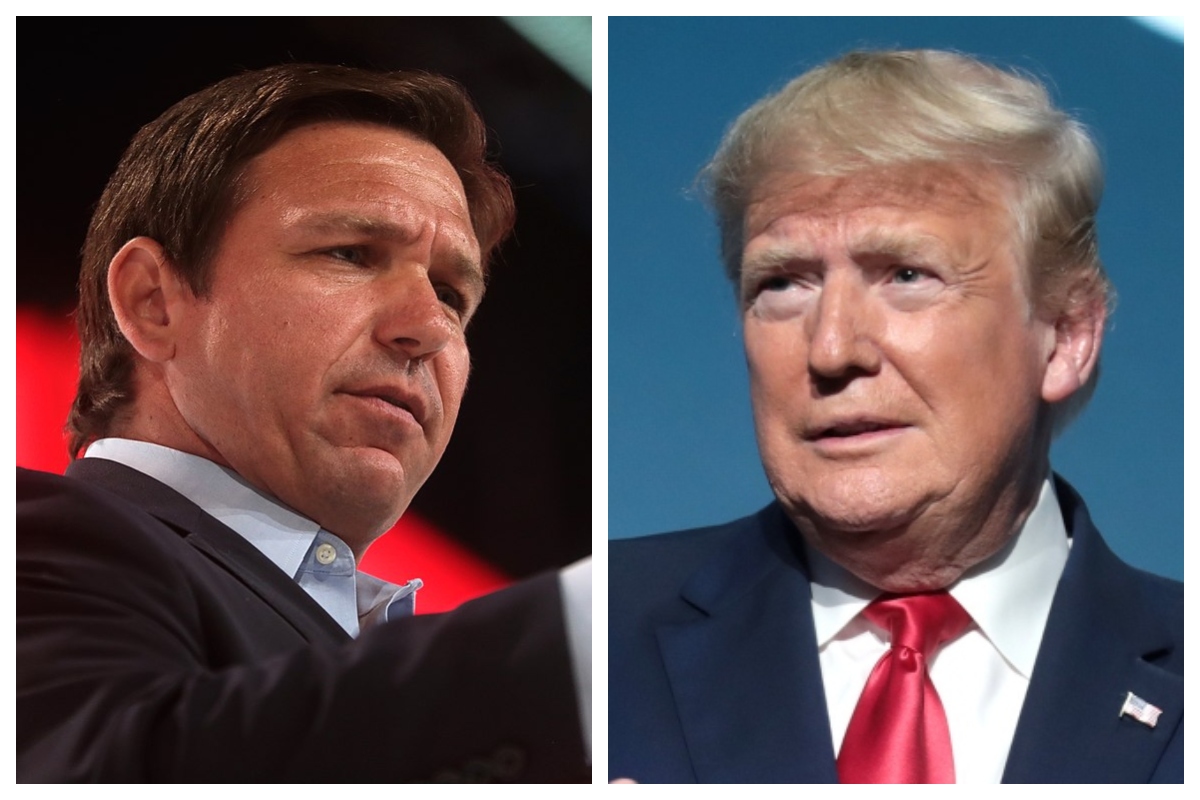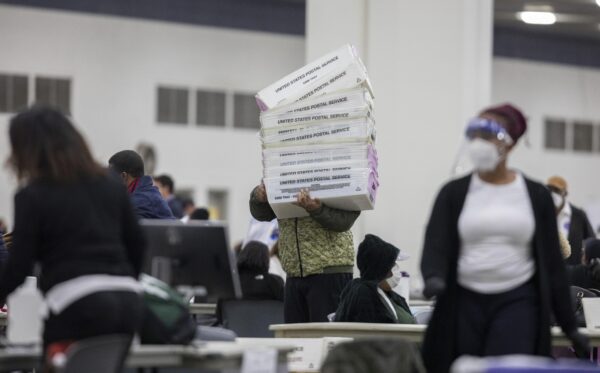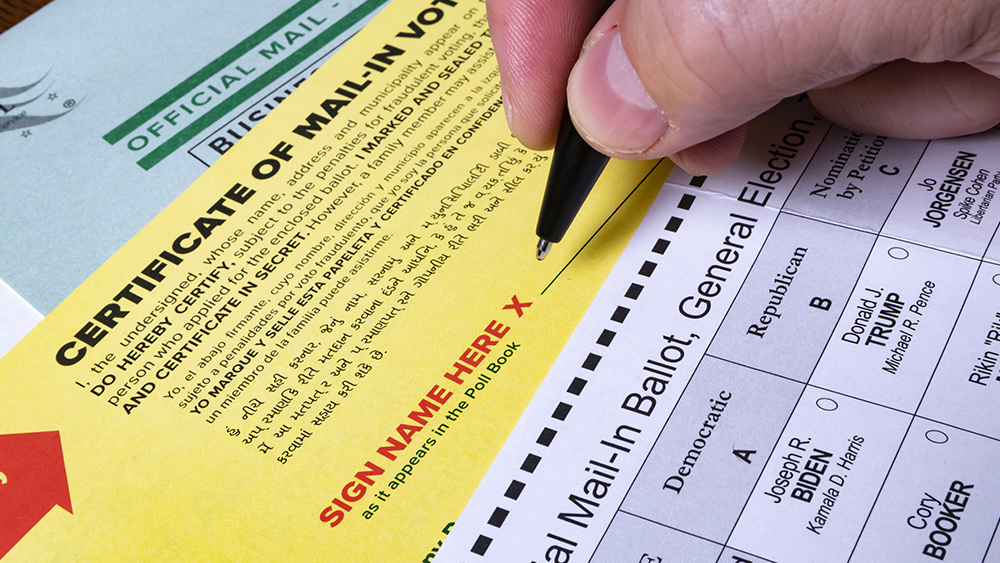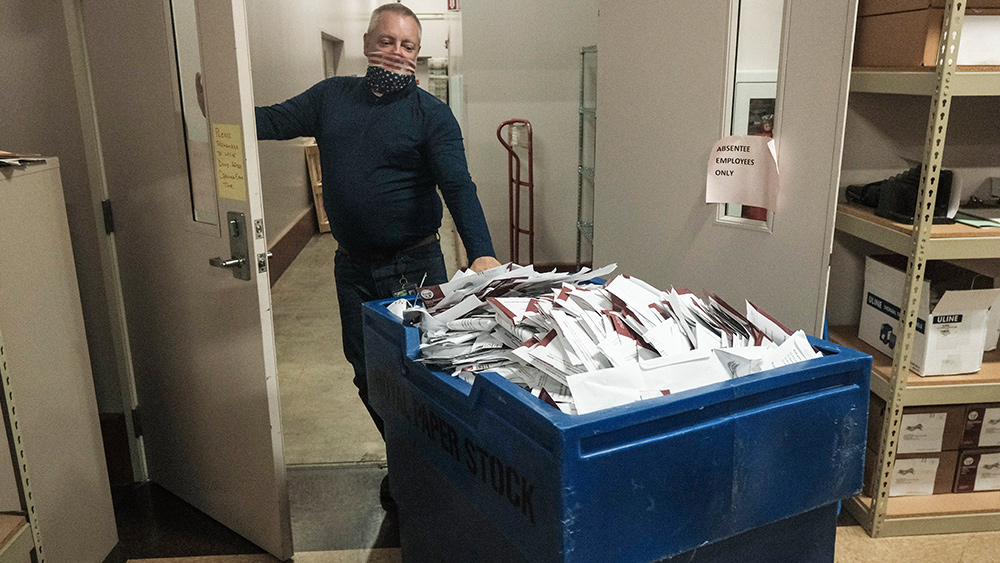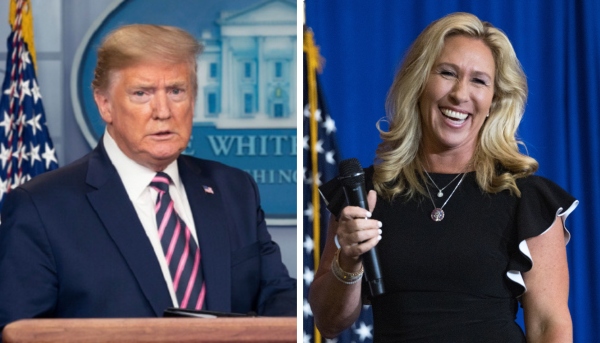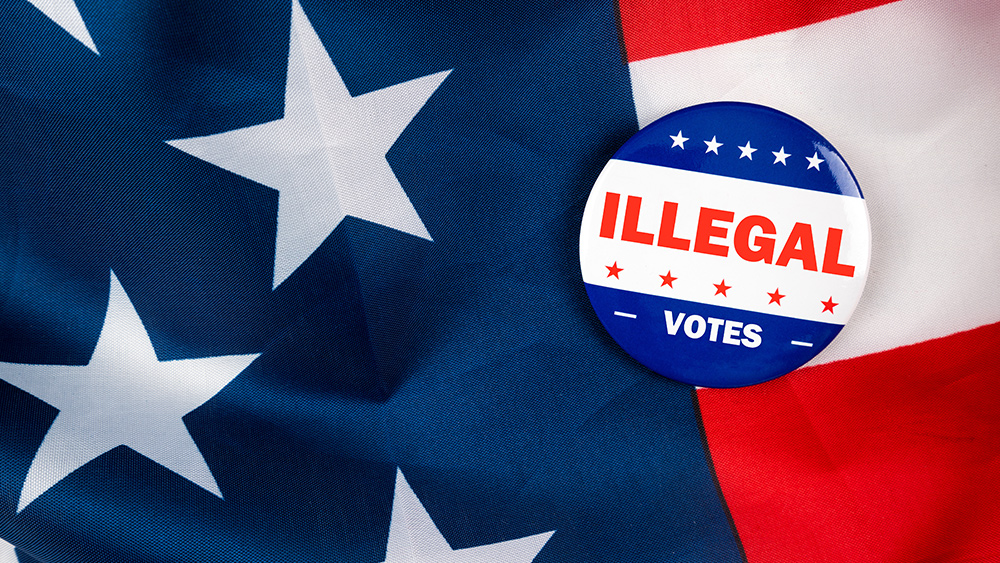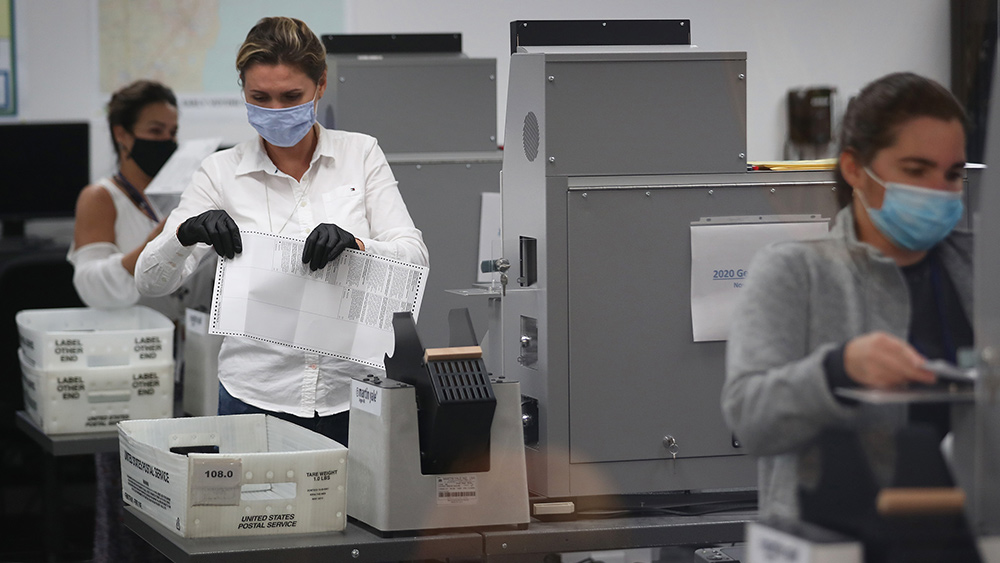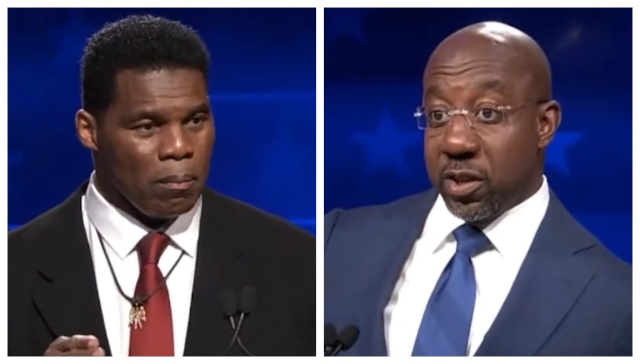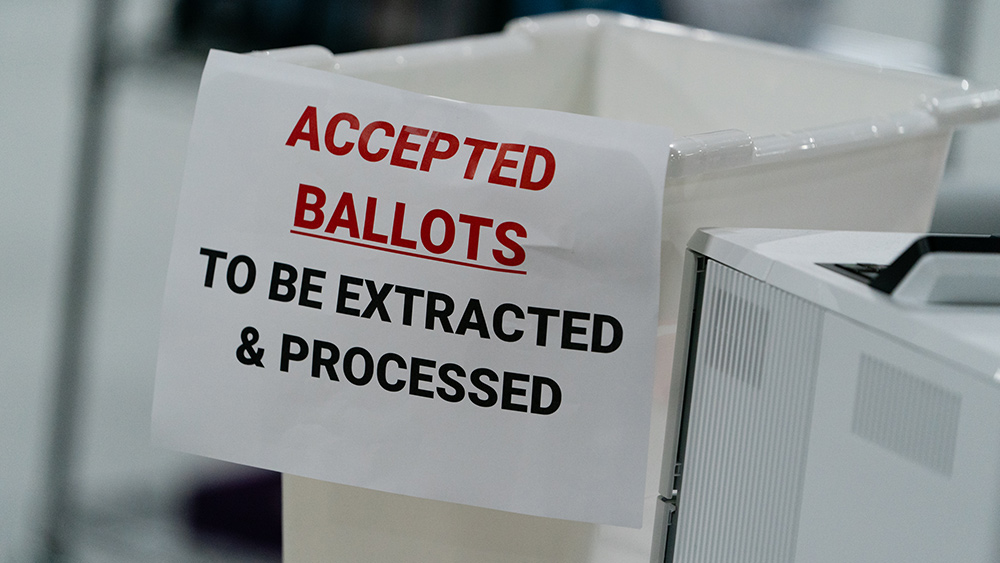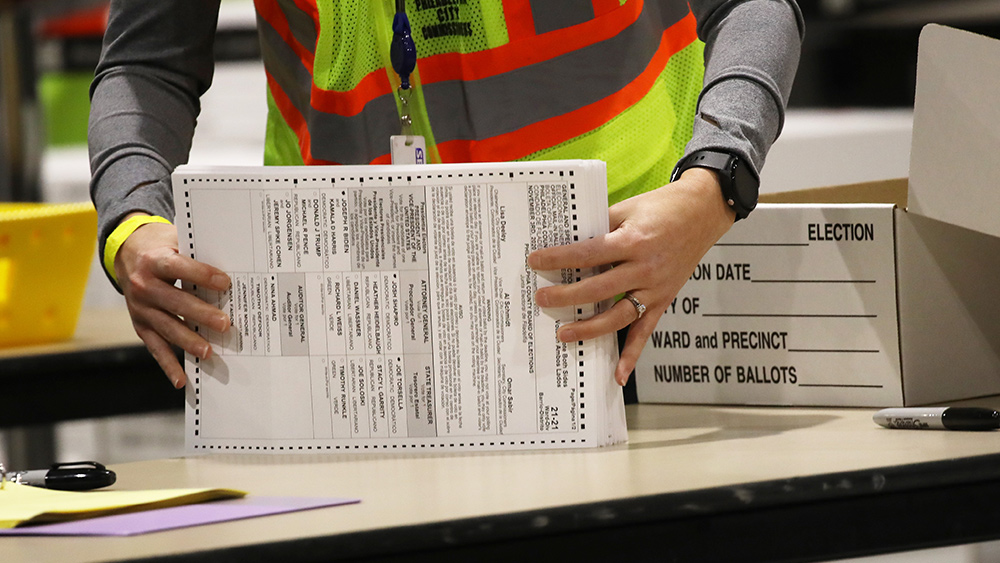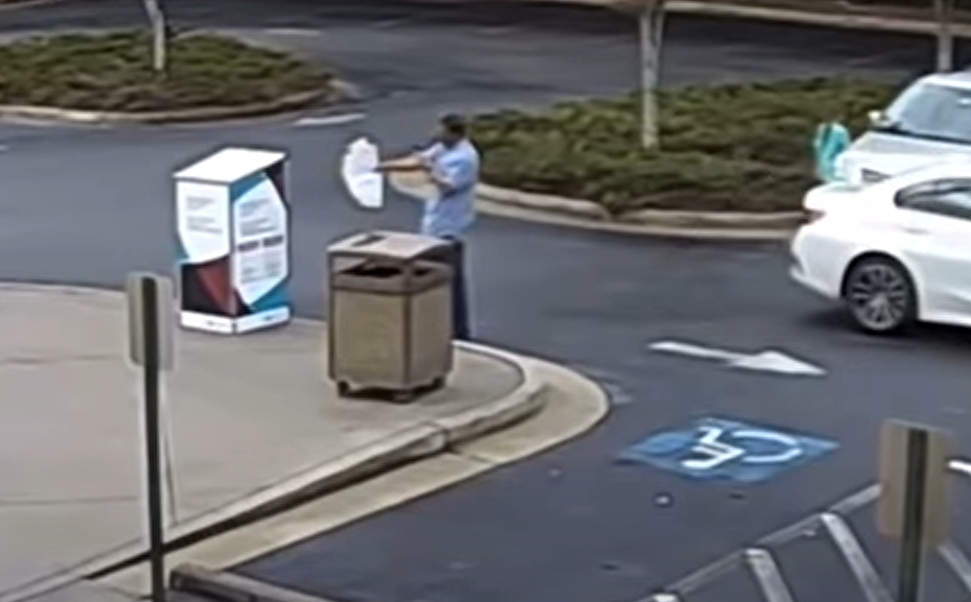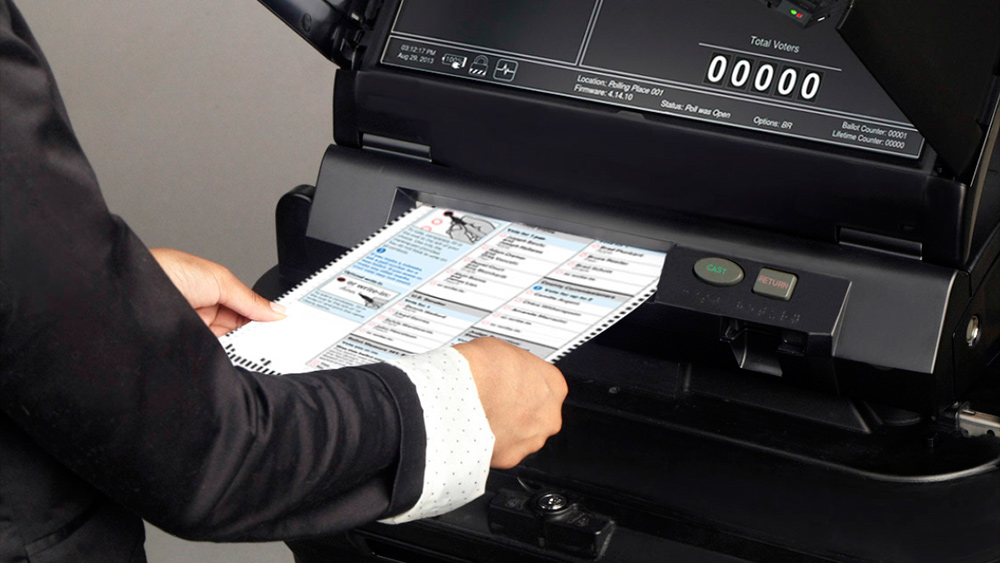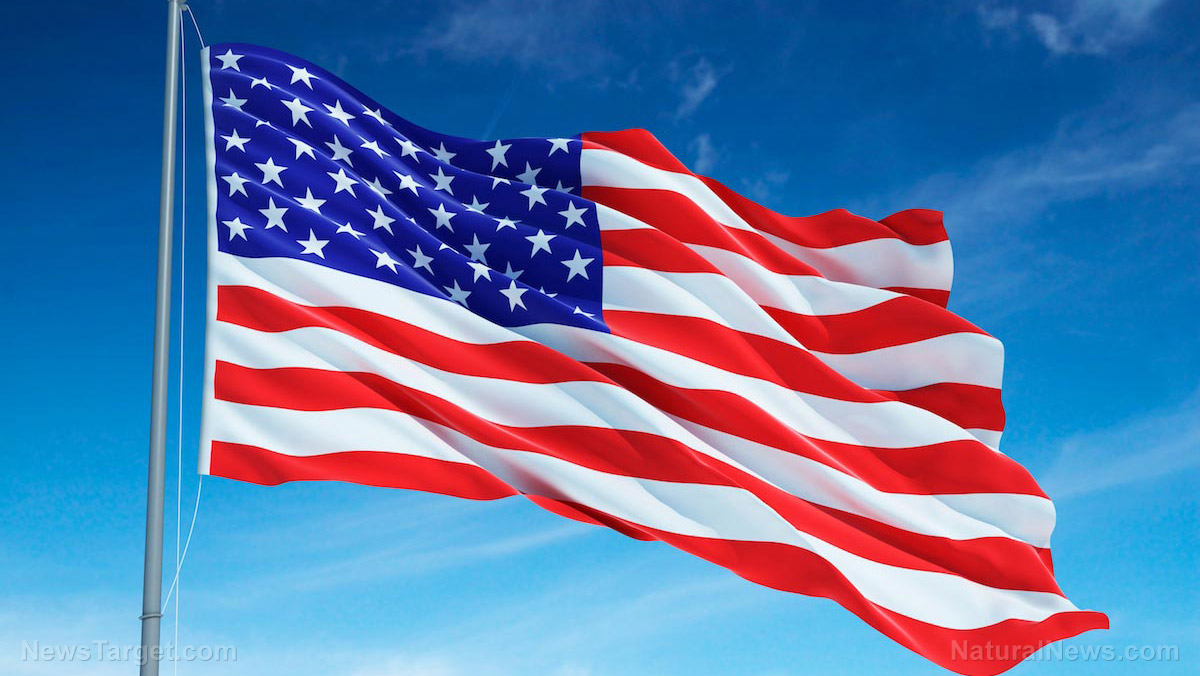Big Tech monopolies are a threat to the First Amendment
06/24/2020 / By News Editors
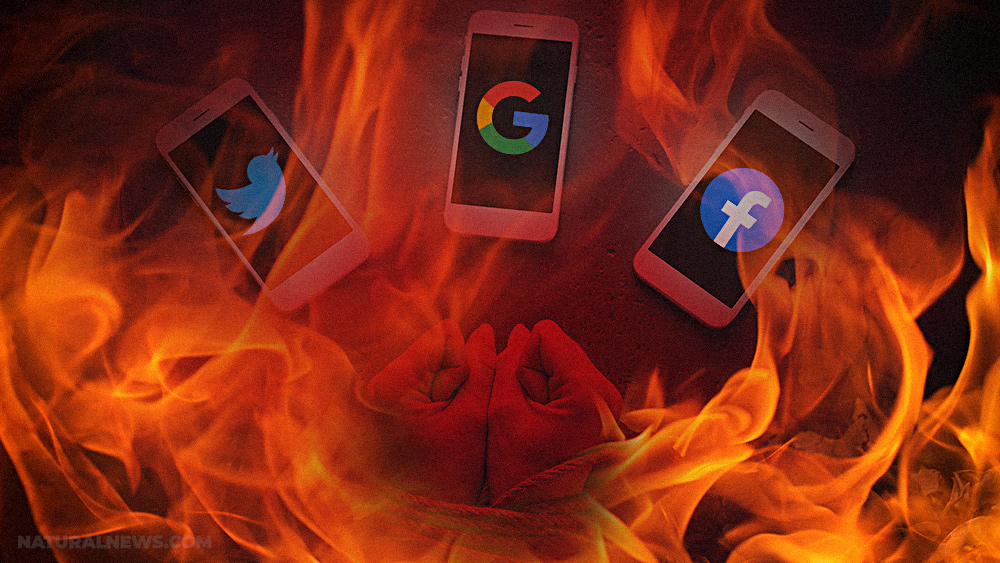
The current rules regulating free speech and the “monopoly social media” (Facebook/Instagram, Twitter, Google/YouTube — together, the MOSM) are a mess, but the basic principles should be obvious. They should be treated as the new public square, and subject to First Amendment requirements. Ideally, Congress would establish a “public square trust” on each of the MOSM properties — a section for political speech sites that would be clearly protected from the censorship whims of the private company owners, or from an employee revolt.
(Article by K.S. Bruce republished from RealClearPolitics.com)
The MOSM have become such a dominant location for political speech that they deserve to fall under the First Amendment, even though they are private companies. The Supreme Court has itself pointed the way under two key precedents: Packingham and Marsh.
In the 1946 case of Marsh v. Alabama, the court ruled that the First and 14th Amendments can apply to private parties. In this case, a “company town” was not allowed to preclude free speech on its sidewalks. Justice Hugo Black wrote, “When we balance the constitutional rights of owners of property against those of the people to enjoy freedom of press and religion, as we must here, we remain mindful of the fact that the latter occupy a preferred position. As we have stated before, the right to exercise the liberties safeguarded by the First Amendment ‘lies at the foundation of free government by free men.’ ” In essence, private property had become the “public square,” and must be governed accordingly.
In a 2017 case, Packingham v. North Carolina, the justices unanimously found that the MOSM have become the “company town” or “public square” of our own day, as the court ruled that the State of North Carolina could not block registered sex offenders from the use of social media such as Facebook.
“A fundamental principle of the First Amendment is that all persons have access to places where they can speak and listen, and then after reflection, speak and listen once more,” wrote Justice Anthony Kennedy. “A basic rule, for example, is that a street or a park is a quintessential forum for the exercise of First Amendment rights.”
Kennedy noted that while in the past it wasn’t always easy to identify the most important places for free speech to be protected, in the 21st century it is clear. “It is cyberspace,” he wrote, “the vast democratic forums of the Internet in general, and social media in particular.”
A respected swing vote on the high court before he retired in 2018, Kennedy noted that seven in 10 Americans use at least one Internet social networking service and that governors in all 50 states and nearly every member of Congress communicate with their constituents via social media.
Given these court precedents, it is inconceivable under our Constitution that the MOSM could decide, for example, that only Democrats could speak on their sites while censoring Republicans, or that only Republicans could speak while censoring Democrats. Even as private companies, they have reached such an extreme level of power and importance as our stage for political speech that they fall under the Marsh and Packingham standards.
As the MOSM act under these First Amendment standards, they should not create their own rules and rulings, but should follow the set of rules and rulings that already exist from over 200 years of law, jurisprudence and precedent.
Pursuant to the First Amendment, an orator setting up his virtual soapbox in their cyberspace (today’s de facto “public square”) should be allowed to say whatever he could say on a real soapbox in the physical town square. There are some limits on free speech: for example, even in the public square, a speaker cannot slander or libel without consequence; cannot incite imminent violence; cannot give away military secrets or troop movements; cannot spread certain forms of pornography. And there are criminal and civil remedies for such speech in a court of law. The rules, remedies and paths to adjudication should be identical to the public square, and law and court precedent — not the MOSM executives — should control. At the same time, if the MOSM is merely the location for the speech and not amplifying or promoting it beyond the speaker’s own efforts, the MOSM should not be considered liable for this speech, any more than the public square is liable.
To ensure this result, Congress might be wise to mandate a “public square trust” on the MOSM: a section on each MOSM property where political speakers can speak, and remain explicitly outside the comment or control of the forum owner. Hence, Twitter and Facebook would have a section where President Trump and President Trump’s greatest opponent can each present as they choose, clear and unfiltered by Jack Dorsey or Mark Zuckerberg. All other political speakers could have guaranteed access as well, so long as they properly identify themselves, and remain subject to remedies or penalties from the U.S. legal system. Thus, “anonymous Russian bots spreading mayhem” would not be included, but any elected official, political candidate, or identified political speaker (say, the local environmental society) would be included. Speakers using the great American tradition of pen names would be allowed, so long as their true identity could be traced if a legal remedy was mandated. Again, the MOSM company would have no liability for this speech and no control over it. Parties injured by the speech would have action against the speaker through the courts, not through the companies.
Political debates are hard and unpleasant; they are likely to offend many people even when they are legal and protected under the First Amendment. Given the exceptional power that the three “monopoly social media” companies have acquired as America’s de facto location for political speech, we cannot afford to let the sensibilities of three CEOs, boards or employee teams determine free speech for all. Nor can we expect these executives and companies to always successfully withstand political and commercial pressures, and protect free speech properly, even if they are well intended.
A system of First Amendment law already exists, determined through a long series of hard-fought legislative debates and cases over many years, and which continues to evolve. We should use this system; not ask the MOSM to invent their own. A “public square trust” could help ensure free speech, in line with past laws and Supreme Court opinions, and so help ensure a free nation.
Read more at: RealClearPolitics.com and FirstAmendment.news.
Submit a correction >>
Tagged Under:
Big Tech, corporations, Facebook, First Amendment, free speech, fundamental rights, Google, Twitter, YouTube
This article may contain statements that reflect the opinion of the author
RECENT NEWS & ARTICLES
Trump.News is a fact-based public education website published by Trump News Features, LLC.
All content copyright © 2018 by Trump News Features, LLC.
Contact Us with Tips or Corrections
All trademarks, registered trademarks and servicemarks mentioned on this site are the property of their respective owners.

